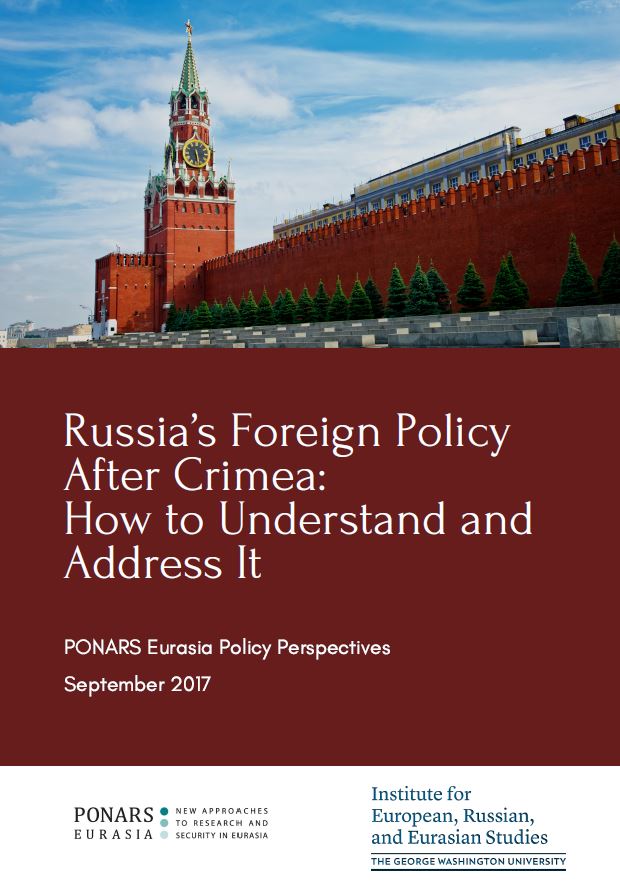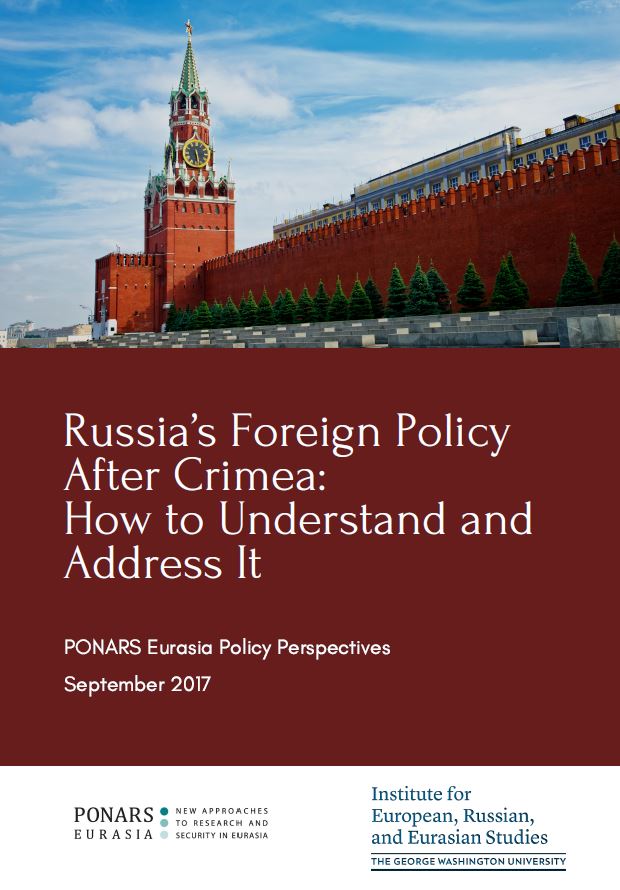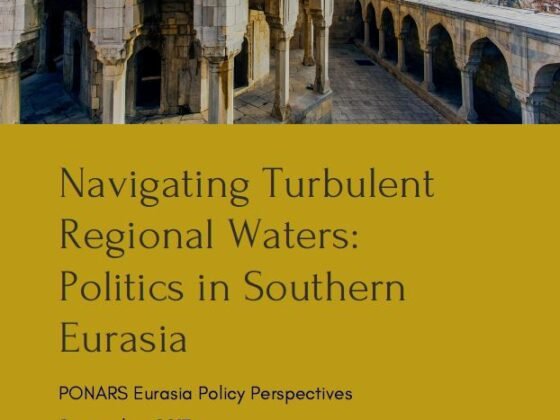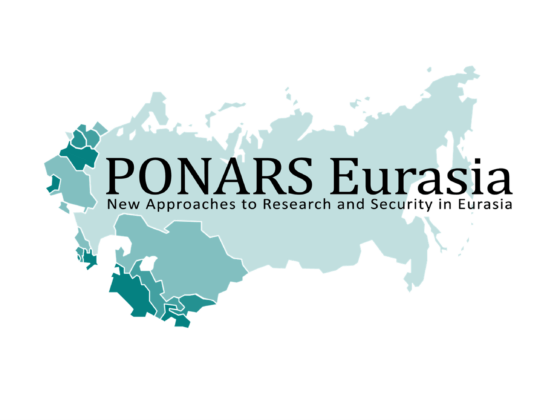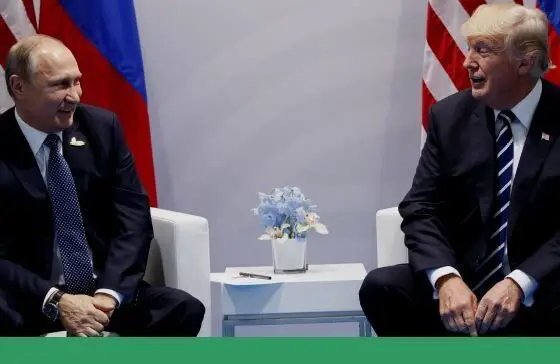This booklet discusses the evolution of Russia’s foreign policy since the dramatic turn of 2014, which deeply impacted the relationship between Russia and Western countries, and Russia’s place in the world more globally. Several authors suggest that Moscow’s behavior is driven by the logic of “self-esteem” policy—that is, it demands recognition by the international scene’s main actors, in particular the United States.
From the perspective Moscow publicly advances, the country’s foreign policy and military goals are mostly defensive and seek to ensure the survival of the state; the Kremlin insists on the need for the West to refrain from interfering in what Moscow sees as its sphere of influence and responsibility. However, there have been several cases when Russia has used force against other actors. Over the last few years, it has also demonstrated that it has acquired new conventional-strike capabilities, with potential implications that go far beyond military utility.
Russian foreign policy remains focused on Europe and the United States. Moscow looks to improve its soft power tools, targeting Western audiences and potential sympathizers—whether motivated by ideology or pragmatism—as well as to protect what it sees as its challenged sovereignty in the case of Ukraine. If mutual meddling in foreign affairs is nothing new, there are also several areas of potential cooperation between Russia and the West, such as the struggle against terrorism.
But it is apparent that Russia hopes for more than restored status in the eyes of the West. It has launched several diplomatic and symbolic initiatives in the Arctic; has to manage a complex relationship with China, based on both concrete cooperation and a low ceiling for more genuine synergies; and has become deeply (re-)involved in the Middle-East, thanks to its military engagement in Syria and an ambivalent partnership with Turkey and Iran. Yet, Moscow’s expectation of leading a non-Western world, dependent on a set of favorable but temporary circumstances, has partly faded, while the country has continued to produce several geopolitical toolkits to be used for its neighborhood policy, from Eurasianism to the Russian World doctrine.
View more: E-Books/Policy Perspectives
